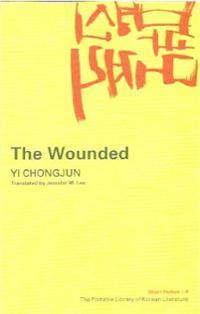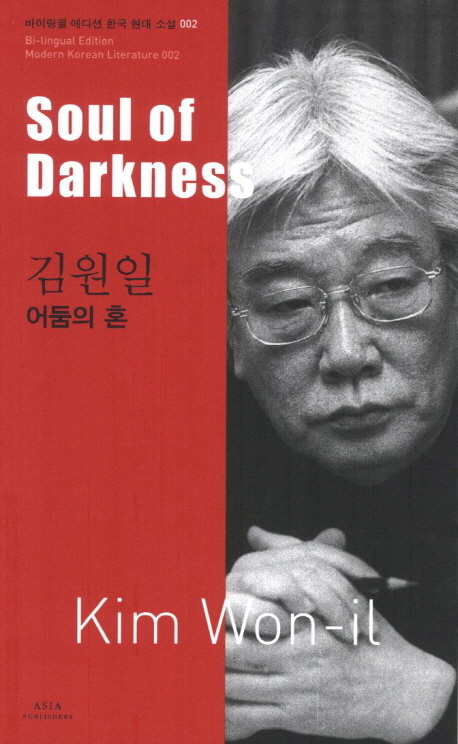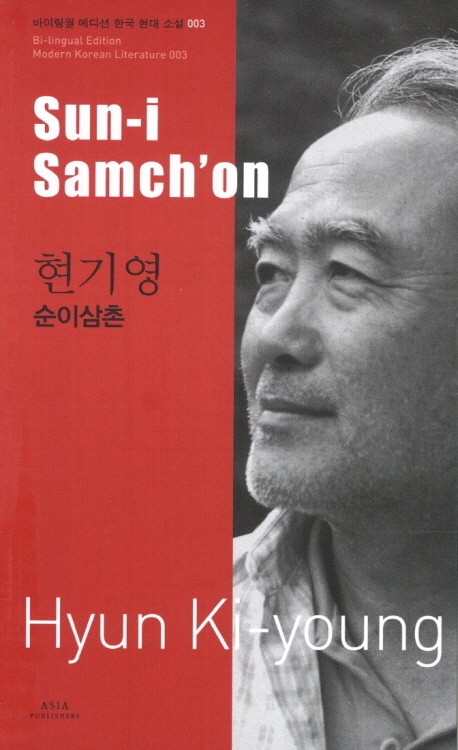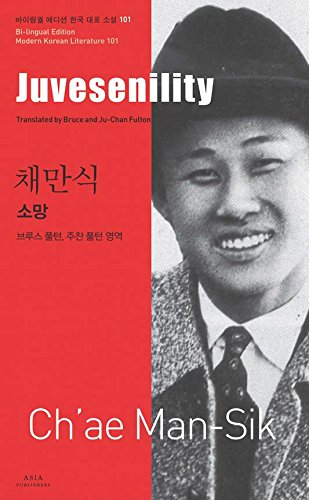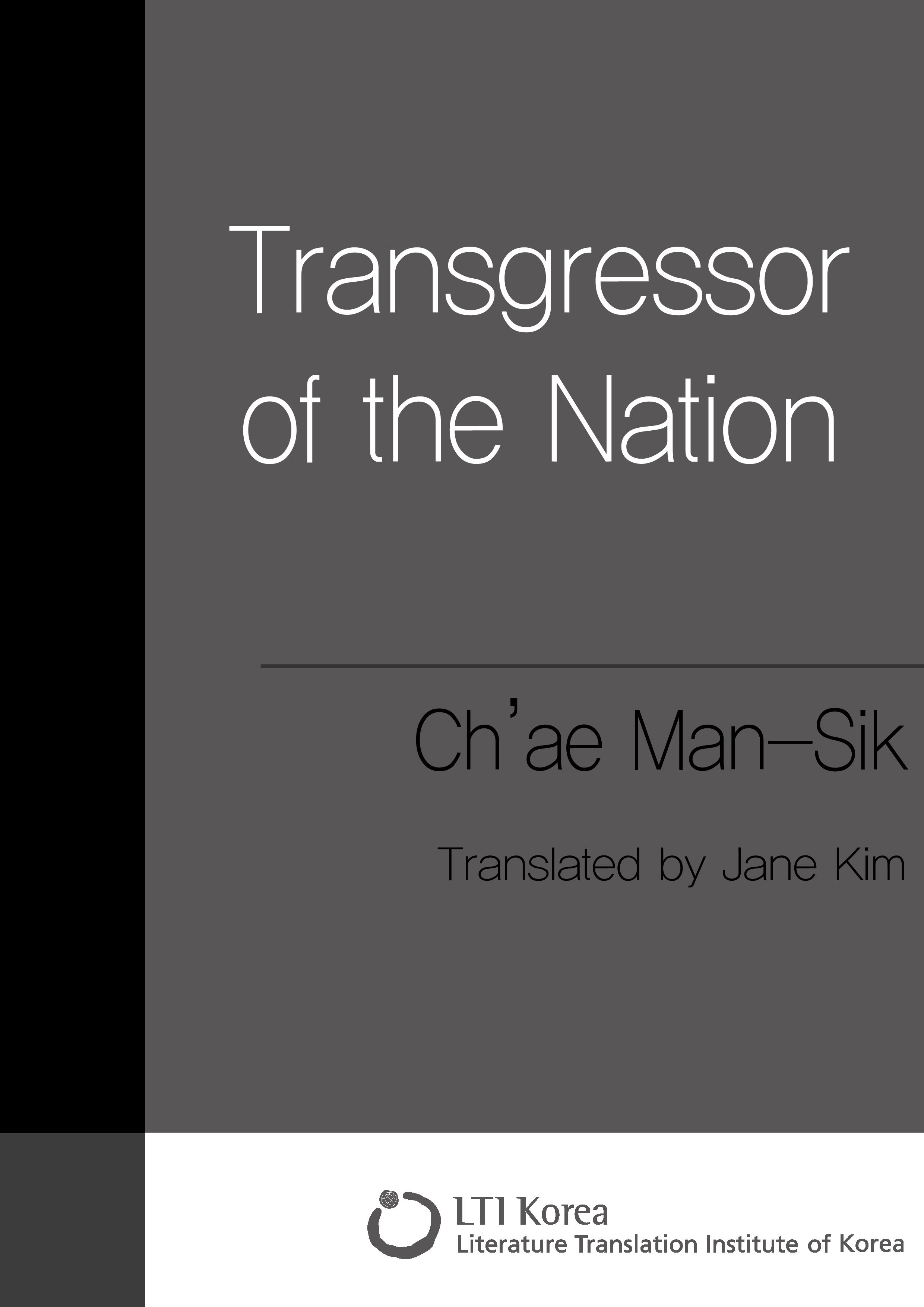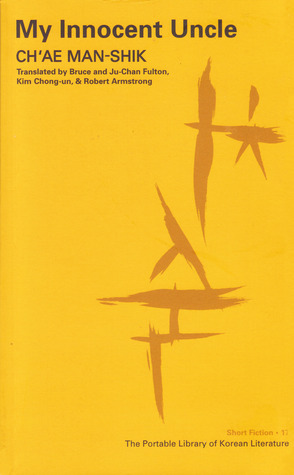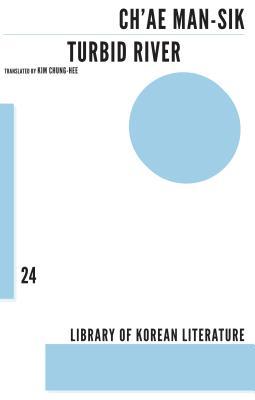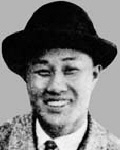
Ch'ae Man-Sik
Author · 4 books
Ch'ae Man-Sik’s literary debut came in 1924 with the publication in Joseon Literary World (Joseon mundan) of the short story “Toward the Three Paths” (Segillo). His early stories and plays were written from a class-sensitive perspective, and with the publication in 1932 of “Ready-made Life” (Ledi maeideu insaeng), he began to focus his attention on the plight of intellectuals in an era of colonial oppression, a subject matter he continued to pursue in such works as “An Intellectual and Mung-bean Cake” (Interi wa bindaetteok) and “My Idiot Uncle” (Chisuk, 1938). Arrested by the colonial government in 1938 for his affiliations with Society for Reading (Dokseohoe), Chae was released on the condition that he participates in the pro-Japanese literary organization, Korean Literary Society for Patriotism (Joseon munin bogukhoe), a stipulation to which he duly complied after his release. In December 1942, for example, Chae Mansik inspected the Japanese Army's Manchurian Front and wrote a celebratory account of what he had observed there. After Korea’s liberation from the Japanese rule, however, he reproached the pro-Japanese actions of Korean intellectuals at the end of the colonial period, including his own, in such works as “The Sinner Against the Nation” (Minjogui joein) and “Path of History” (Yeongno, 1946). Until his death on June 11, 1950, shortly before the outbreak of Korean War, Chae produced satires of contemporary society in post-Liberation Korea. “Constable Maeng” (Maeng sunsa, 1946) and “Story of a Rice Paddy” (Non iyagi) captures in an especially vivid manner the turbulence and confusion of a society embarked on the difficult process of rebuilding the nation. Chae Mansik’s collected works were published by Changjak gwa bipyeongsa in 1989. (Source URL: https://en.wikipedia.org/wiki/Ch%27ae...)
